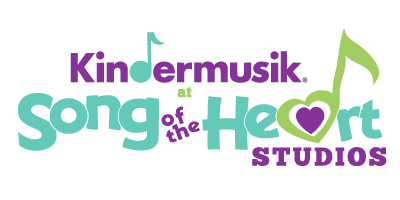In the not too distant future looms an important day. It’s almost time for your child to walk through the doors of Kindergarten as a student! Gulp. Take deep breaths. You’re an adult…you can handle this! Let’s focus instead on your child.
IT’S ABOUT MINDSET
The ultimate goal is that Kindergarten is a great experience for your child. An essential component of that is having a positive attitude regarding Kindergarten—one that rubs off easily on your son or daughter. That is best cultivated by maintaining a sunny outlook, being sure to take your child to visit the Kindergarten class and meet the teacher in advance of the first day, getting your child used to following routines, and other practical measures.
IT’S ABOUT THE WHOLE CHILD
But another essential component is doing your best to be sure your child has skills that set him or her up for success.
Remember the deep breathing strategy mentioned above? Try that now. Then read on…carefully.
Here’s the truth. Early Kindergarten success is not so much about reading and math readiness, alphabetical and counting skills. It is about the key characteristics Kindergarten teachers wish every child displayed:
- Expressing feelings in healthy ways.
- Displaying empathy.
- Understanding and readily following direction.
- Taking turns and sharing when playing with other children.
- Practicing self-regulation (by delaying gratification, by stopping an action on demand, by adjusting voice volume to situations, by sitting still in order to pay attention).
- Showing an interest in learning.
IT’S ABOUT PROVIDING THE RIGHT EXPERIENCES
So how do children get the skills Kindergarten teachers crave for them to have? It’s all about the experiences you provide.
Some of those experiences occur at home. You can give your child developmentally appropriate chores to do and routines to follow … and discuss how well your expectations are being met. You can ask your child to help you complete tasks, expressing your appreciation (and showing patience when small things might take longer to accomplish!). You can talk regularly to your child about how he or she feels. Show your appreciation about those feelings, modeling how to express them in calm ways. You can show your own joy at learning opportunities—whether it’s reading a book, cooking a new kind of food, or trying a new craft together. That joy is contagious.
For other experiences, go outside the home. Seek play opportunities with other children the age of your child. Find public library, museum, and recreational park activities to participate in. Join classes that focus on the well-being of the whole child.
Kindermusik classes, for example—that begin for babies and their parents and carry on through age 7—have all of the key skills for children baked into their lessons. Kindermusik music and movement classes offer natural ways to: reinforce self-regulation skills, highlight healthy expression of feelings, provide interactions with other children and parents, and set expectations for children to follow directions. For these reasons, many Kindermusik educators hear from elementary school teachers how appreciative they are when Kindermusik children enter their classrooms.
So, stop stressing in anticipation of the day you will try not to cry when saying goodbye to your Kindergartner. Focus on how well that day will go for your son or daughter!
Also helpful: Continuing to breathe. Be confident! The world is waiting to welcome your child.
-Republished from Kindermusik International

